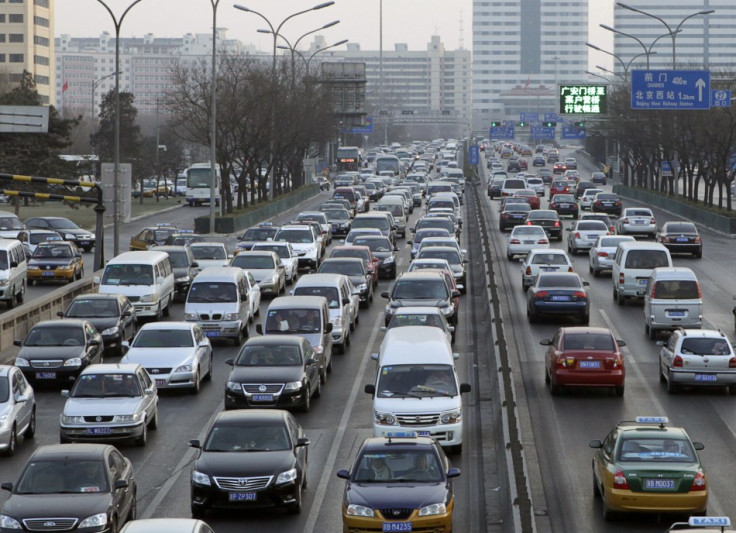Internet 'Rush Hour' Cripples UK Download Speeds

Broadband speeds in the UK drop by an average of 35 per cent during the evening 'rush hour' between 7pm and 9pm, new statistics claim.
The study by uSwitch, which analysed data from two million speed tests across Britain, found that every evening broadband speeds tumble as millions of people come online after getting home from work.
Internet users browsing between the hours of 2am and 3am will get the best speeds, while evening users see their connections drop from an average of 9.6Mbps, down to 6.2Mbps.
Ernest Doku of uSwitch said: "It really is surprising just how much broadband speeds fluctuate at different times of the day, with drop-offs of almost 70 per cent in some areas of the UK."
As the Guardian explains: "The slowdown in speed comes from 'contention' between multiple households trying to get data over the same copper lines: as more people try to get online and send and receive data, the amount that can be sent to each individual connects hits a peak."
The data also reveals large regional differences, not just in average speed overall, but also in the speed different between peak and off-peak times. Download speeds in Evesham, Worcestershire, came out worst, with a huge 69 per cent drop in download speeds, falling from 15.5Mbps in the morning, to just 4.9Mbps during the evening rush hour.
Residents of Wadebridge, Cornwall, started with a poor peak speed of 4.1Mbps, which halved to just 2.1Mbps during the busier evening period.
Doku added: "This research may help to shed some light on why many bewildered consumer, who believe they've signed up to a certain broadband speed, never actually feel like their connection is fast enough."
This news comes after Ofcom, the communications watchdog, said in March that internet users were still only getting half of the speed advertised to them by internet providers, with the average speed being 6.2Mbps, compared with the average advertised speed of 13.8Mbps.
Campaign groups have complained for years that Internet providers stop advertising theoretical speeds, where the phrase "speeds of up to" is used to say what users could get, rather than guarantee them what they will get.
© Copyright IBTimes 2024. All rights reserved.























